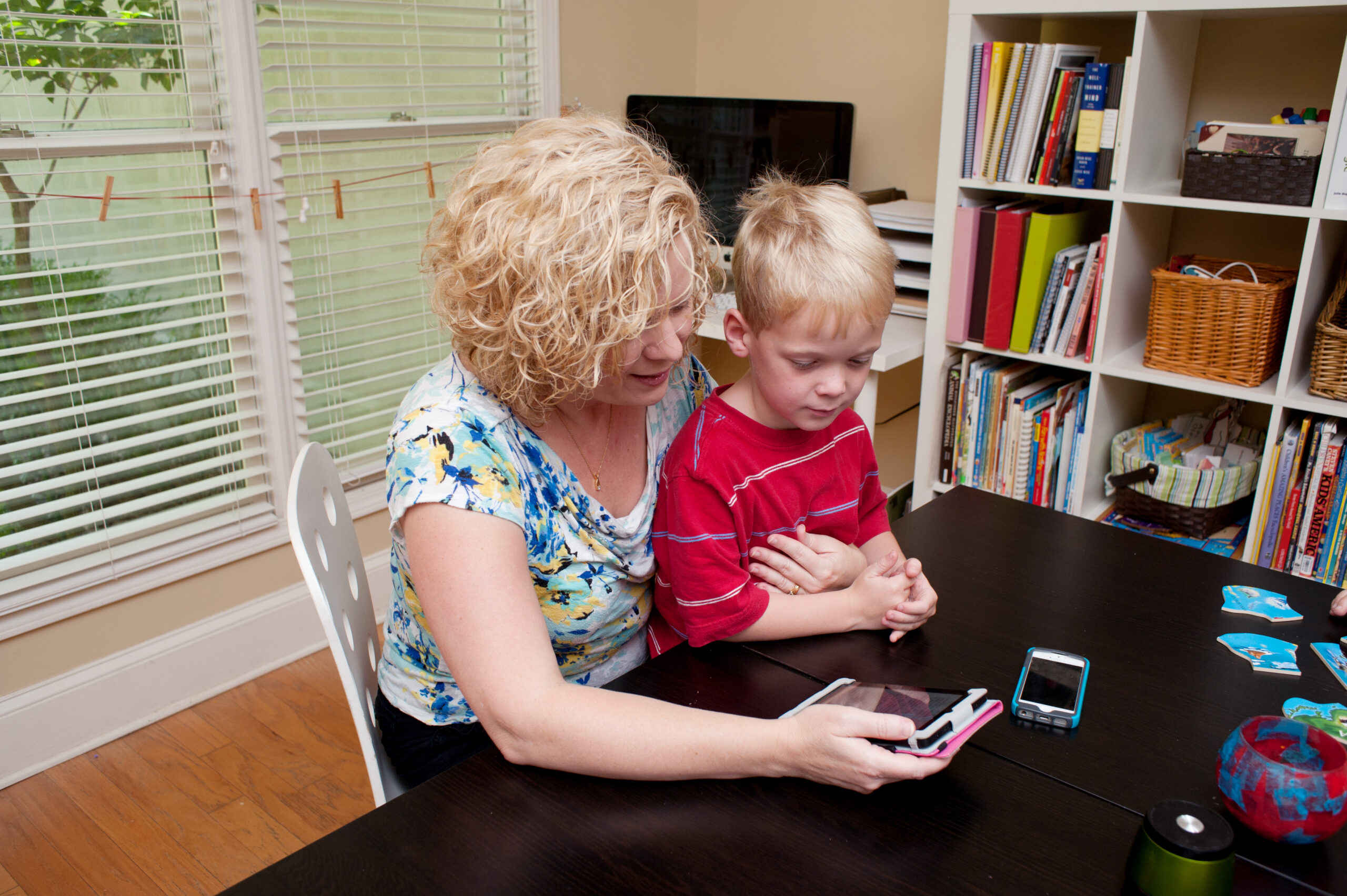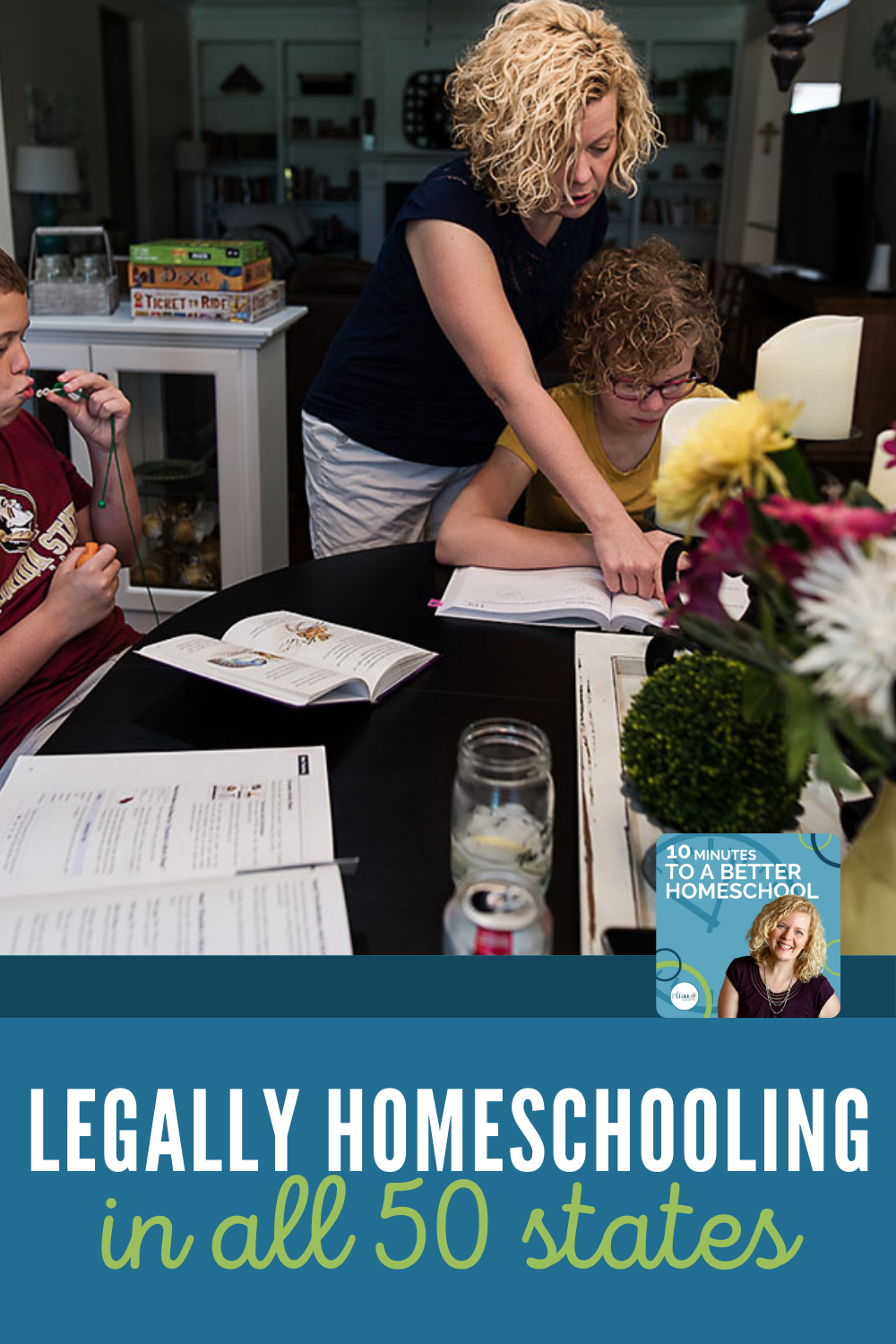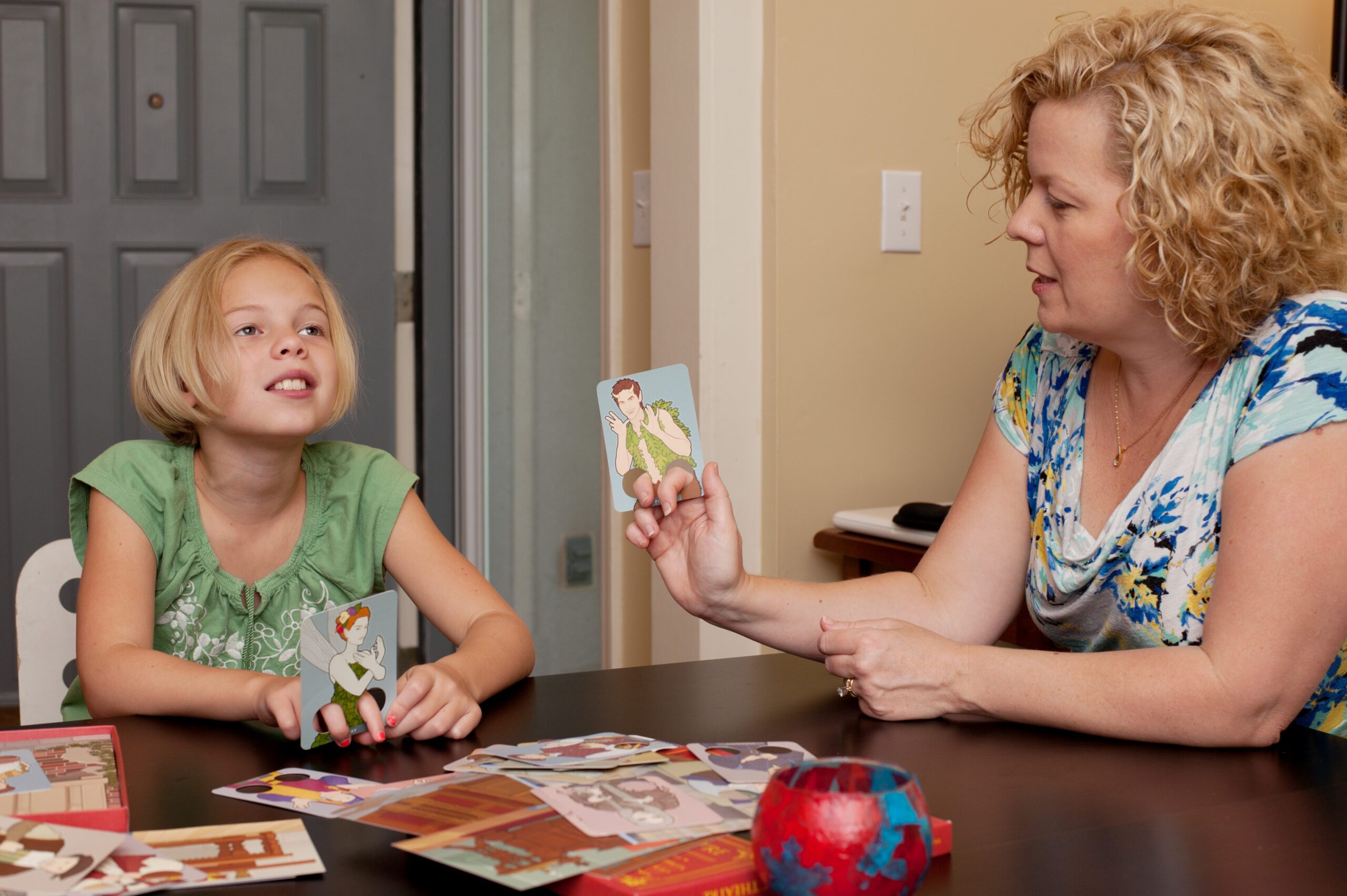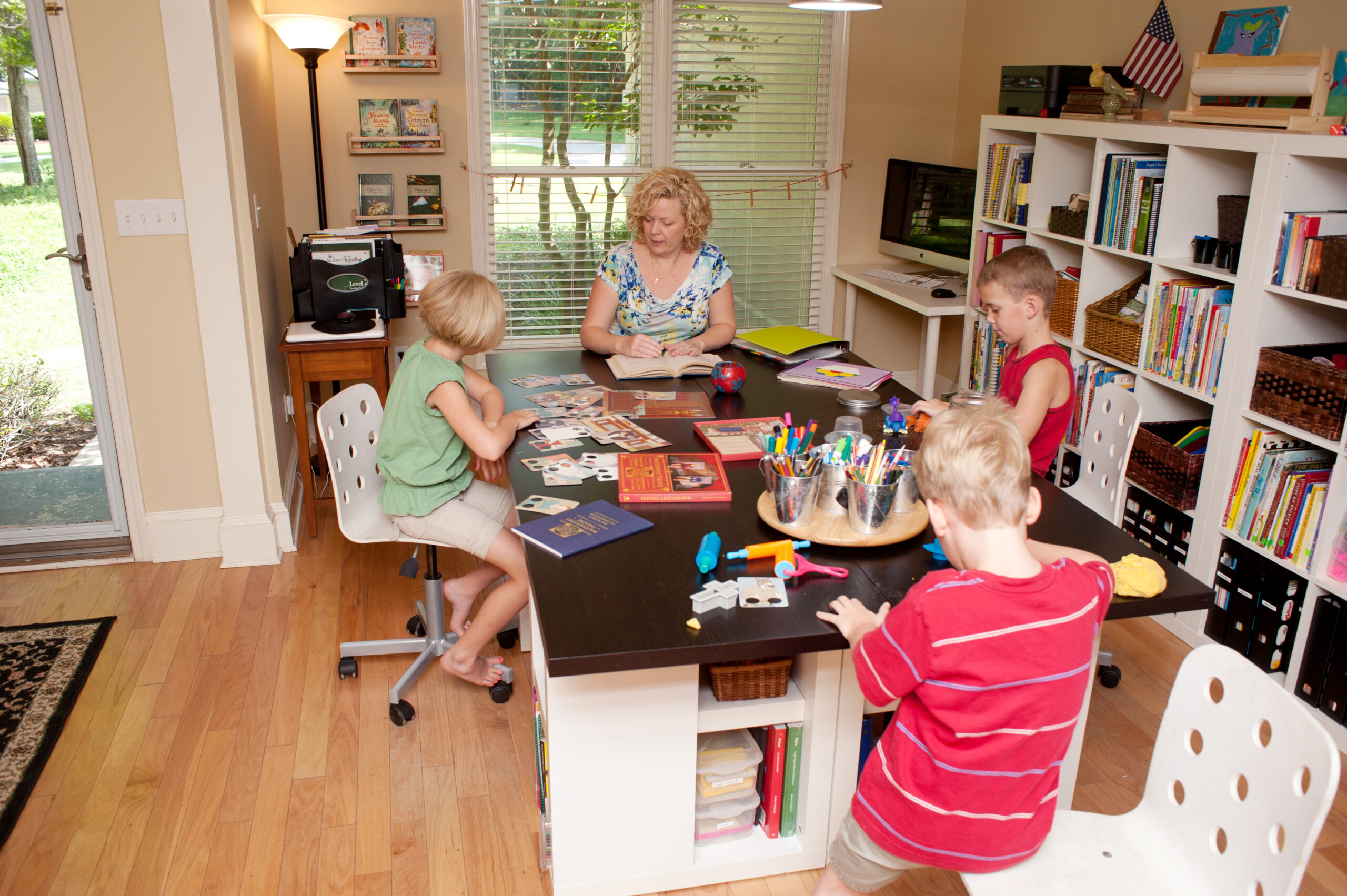
I’ve always wanted to be a Robin Hood type character. That’s why today’s subject tickles me pink. We’re going to be answering the question, once and for all, “Can I Legally Homeschool My Child?”
Believe it or not, we still get this question: Is homeschooling legal? I think the question is not as much, is it legal, but how is it legal? What are some of the requirements?
This question is still quite relevant as homeschooling has come into the forefront of our attention in the past couple of years. There has been a large increase in the number of people homeschooling for various reasons since 2020.
Legally Homeschooling In All 50 States
Most people realize now that it is perfectly legal to homeschool, but the question that they have is how exactly does it work?
Here’s the deal. Homeschooling is legal in all 50 states of the United States.
Each and every state has its own homeschool requirements. In some states, it’s very easy to homeschool while in other states, the requirements are a bit stricter. It’s really going to depend on where you live. It’s not uncommon to see a post on social media or a question in a homeschool community, “Hey, we’re considering a move to such and such state. What are the homeschool laws and requirements like in that state?’
Listen to the Podcast:
What About States With Strict Homeschool Regulations?
There are thousands of homeschoolers that do so in states that are a little more stringent in their requirements. They basically learn what they need to do, and they do it.
For example, I have some really good friends who homeschool in states like New York and Pennsylvania. Even though I personally think of those as fairly strict states to homeschool in, they seem to do just fine with their homeschooling. It can be done!
What Are The General Requirements For Homeschooling?
Let’s review some of the general requirements for homeschooling.
There are some states that have absolutely no requirements whatsoever. You don’t even have to turn in a letter of intent that you’re going to homeschool. There are some states where that’s all you have to do – give a letter of intent for homeschooling. Some states want to have some control over your curriculum. They often have requirements for how many hours you have to study specific subjects in order to meet state requirements.
Many states just have requirements of certain hours. You have to spend so many hours a day doing school in order for it to count towards your homeschooling.
As far as assessment goes, there are some states that require you to submit a portfolio while others require you to take standardized tests. Even among states that require standardized testing, there’s such a wide variety. Some require the test, but you don’t even have to look at or report the scores, while others require a test, and if you have fallen below a 25% percentile rating in your test scores, then you’re no longer allowed to homeschool. In summary, even among the states that require testing, there are a lot of different expectations there as to what those test scores mean.
Watch on YouTube:
Getting Started Homeschooling In Your State
It all sounds a little confusing, doesn’t it? Well, here’s the deal. You only need to worry about the state that you are living in. You don’t have to worry about the requirements and all the other states.
In order to get started, homeschooling, you need to find out what the requirements are for your specific states. (One of the best resources for this is hsla.org which we discuss in greater detail below.)
Once you have the requirements in hand, the next step is to determine what those requirements really mean. There’s the letter of the law and then there is the spirit of the law.
For example, the letter of the law in some states may require that you homeschool your kindergartener for 900 hours in a school year. You’re thinking there’s no way in the world we’re ever going to be able to do that.
The spirit of the law tells you that everything you do with that kindergartner, from playing outside, reading books at the library, educational TV, educational apps, baking cookies, learning to put on your shoes, brushing your teeth (this falls under Health, right?) – all of these things can fall within the 900 hours of school you need to complete.
When you think about a kindergarten classroom, guess what they’re doing for most of the day? Learning about things like good dental hygiene and washing their hands, playing outside and learning to share with others. It doesn’t matter if we’re doing it with a sibling, it still “counts” towards school. The letter of the law and spirit of the law is very important to keep in mind.
Connecting With Other Homeschoolers In Your State
I think it’s really important when you’re looking to homeschool in a certain state, that you connect yourself with some other homeschoolers in that state and ask them, “How are you doing this?”
For example, the requirement says, I have to teach state history in fourth grade. How are you teaching state history in fourth grade? It could be that they’re not finding a textbook and spending a couple of hours each week sitting there with that textbook on state history. Instead, they’re keeping track of all the field trips that they’re going on to historic areas around their state. They’re reading some really great literature about their state. Maybe they’re attending live pioneer reenactments in their state. All of this counts towards the state history requirement.
Connecting with other homeschoolers, those veteran homeschoolers, and asking them how they meet the state requirements can take a lot of the burden off of you and make it so much easier to homeschool.
Homeschooling Resources For Support
HSLDA
One of the easiest places to start is on the Homeschool Legal Defense Association website. They list out the requirements for each state. But remember, that’s the letter of the law.
Then what you want to do is to try to connect yourself with other homeschoolers in your area. Social media is a great place to do this. You might want to try your church or even your local library for help finding some other homeschoolers in the area.
Investigate homeschool support groups in your area. Many times, there will be state level homeschool support groups that can connect you with someone locally. These state area groups and local homeschoolers are great resources. They can give you information about filling out the right paperwork and sending in the right forms. If you’re withdrawing your children from school, they can help you determine how to do so legally in your particular state.
I had a fascinating conversation a couple of years ago with Steve Demme. He is the curriculum developer for Math U See, but he was also one of the pioneers of the homeschooling movement and helping to make it legal in the United States. It’s a really fun glimpse into what the early days of the homeschooling movement looked like. You can listen to our conversation HERE.
Online Resources To Connect You With Other Homeschoolers
If you are struggling to find local homeschoolers, you also may want to try online.
We have a fabulous and free homeschooling community at pambarnhill.com. We have homeschoolers there from all across the country. We love to connect homeschoolers with each other, especially new homeschoolers and help them out with all of the information that they need to know. If you are in North Dakota or South Carolina or Pennsylvania or California or any state, we’ve typically got somebody in our community who’s living in one of those states and can help you.
You can come over and join it. It doesn’t cost you a thing!
- Homeschooling Boys with Durenda Wilson - April 12, 2024
- What About Lab Sciences? with Dr. Moon - March 29, 2024
- Can I Teach Everything My High Schooler Needs to Know? - March 15, 2024
Leave a Rating or Review
Doing so helps me get the word out about the podcast. iTunes bases their search results on positive ratings, so it really is a blessing — and it’s easy!
- Click on this link to go to the podcast main page.
- Click on Listen on Apple Podcasts under the podcast name.
- Once your iTunes has launched and you are on the podcast page, click on Ratings and Review under the podcast name. There you can leave either or both!



